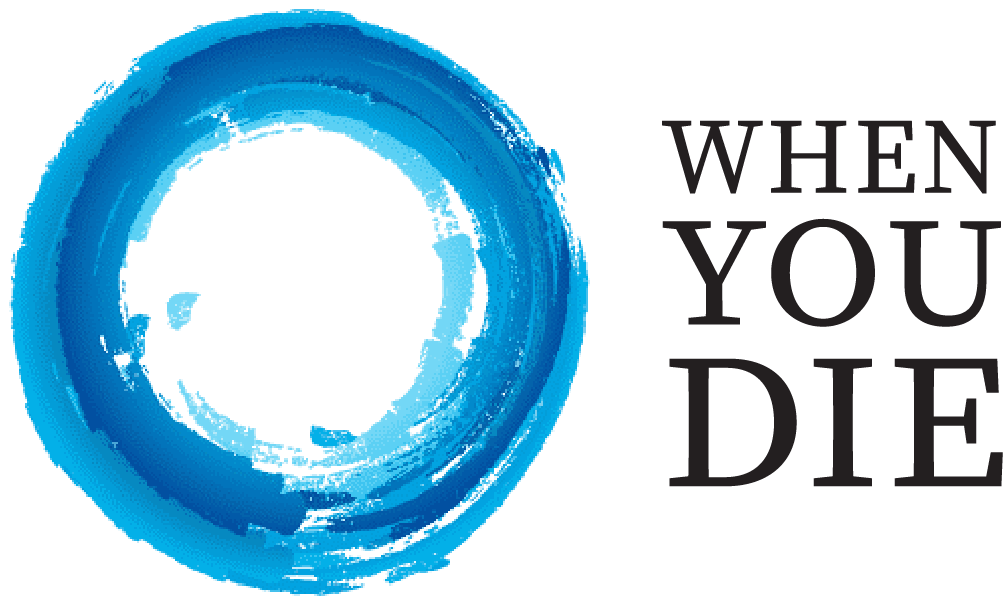In my experience of being with the dying process, I think what happens is that the veil gets thin between the known world and the unknown world. I’m not sure it’s about life. For me it’s about consciousness. Continuation of consciousness, because life, the life of that person who we understand who they are, is dying. There’s no question about that; the life force is leaving them. But this sense of consciousness or merging with consciousness, is the continuum. That’s what I find fascinating about being with the dying. It’s, the feeling of, “Oh, wow, this is an incredible experience.” And a lot of people say it’s a humbling experience. They call it a privilege to sit with the dying. – Sue Brayne

